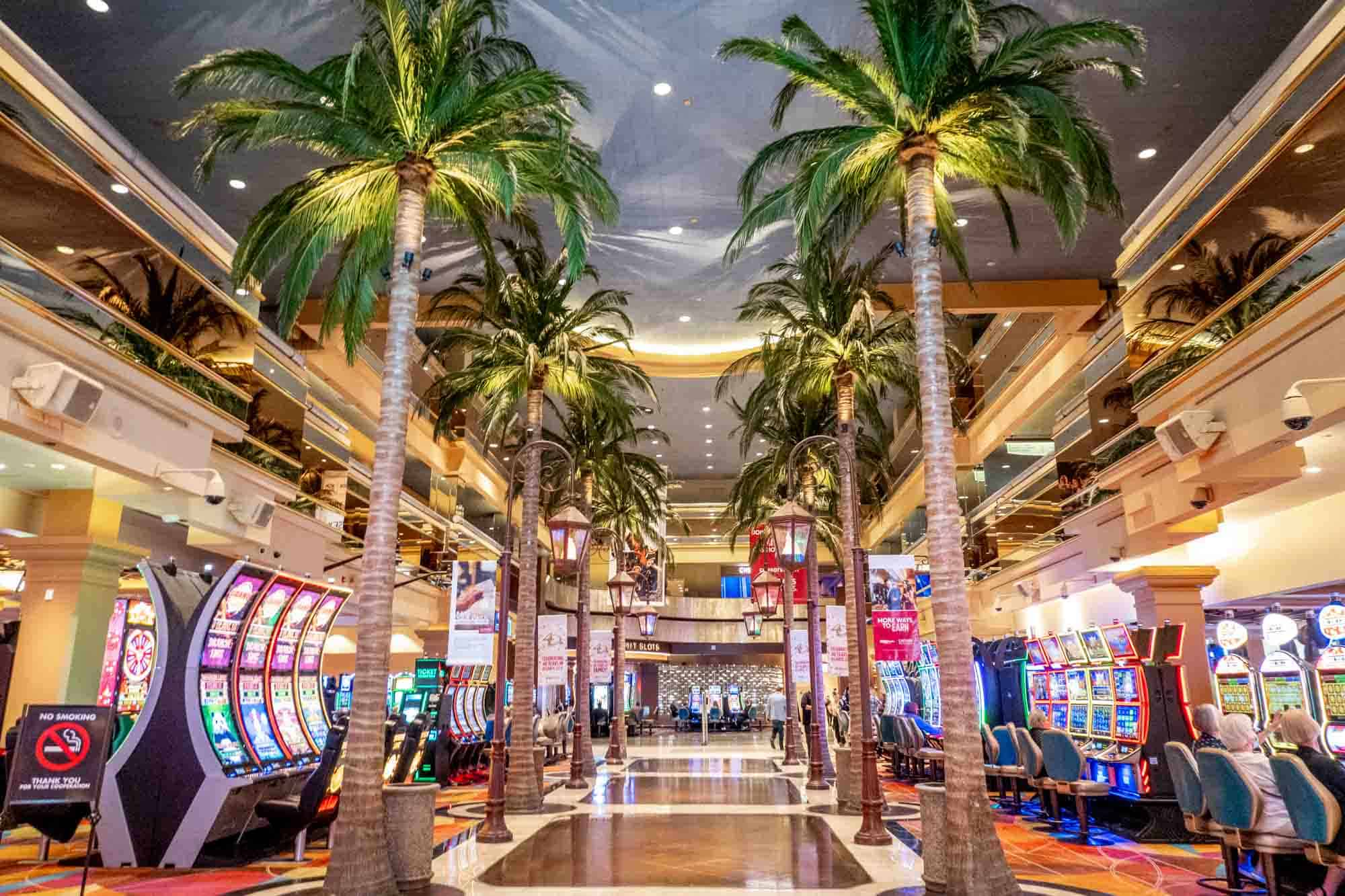
Casino games have long been a fascinating entertainment option, drawing numerous of players from diverse cultures around the globe. From the glitzy casinos of Vegas to the thriving gambling halls of the Cotai Strip, these games serve as a link that unites people across various backgrounds. The allure of chance, skill, and gambling entices not only those seeking to strike it rich but also those looking for a sense of community.
The cultural impact of casino games extends far beyond the gaming floor. They often embody the cultural standards and beliefs of the societies in which they flourish. Games such as Texas hold ’em, pontoon, and the spinning wheel have integrated into the tapestry of cultural phenomena, influencing various aspects from cinema to fashion. As we explore this intriguing intersection of chance and society, we can gain insights into how these games shape and are affected by the world around us.
Historical Progression of Casino Activities
The origins of gaming activities can be followed back to old cultures, where betting in multiple forms was widely engaged in. In Ancient China, around 2300 B.C., a variant of gambling known as Keno was common, while in old Rome, soldiers would often bet on the outcomes of their contests. The idea of using luck for entertainment and profit progressed over the years, leading to the establishment of more structured activities. By the end of the Middle Ages, gambling houses initiated to emerge in the continent, especially in the Italian peninsula, which presented early forms of well-liked activities still played today.
As gambling expanded fame in European regions, the 17th and 18th centuries saw the emergence of gaming houses as exclusive venues for gaming. The first official gambling house, the Ridotto, was founded in the Venetian city in 1638, offering activities like the game of Baccarat and Faro. This period marked a crucial turning point, as gaming venues began to draw not just the high society but also the burgeoning middle-income class. The sophistication of games evolved, leading to the development of new rules and variations that enriched the play experience.
In the 19th century, the industrial age and changes in social standards additionally changed the landscape of gambling activities. The launch of the game of roulette and contemporary slot machines attracted a larger crowd, and gambling establishments became seen as acceptable fun. This time witnessed the globalization of gambling, as gambling houses expanded from European nations to the New World, culminating in the creation of the famous Las Vegas Boulevard in the 1900s. The evolution of casino activities has progressed into the modern era, including technology and online services, allowing them open to a global market.
# Cultural Importance in Various Societies
Gambling games have significant social value within many cultures around the globe. In Las Vegas, the very fabric of the urban landscape is woven around gambling establishments, where gaming is not just a recreational activity but a fundamental aspect of social engagement and community interaction. The bright lights and lively atmosphere attract millions, showcasing how casino games can shape local financial landscapes and cultural identities. This environment transforms the notion of recreation into an engaging experience that shapes apparel, sound, and even cinema.
In contrast, some cultures view gambling with an air of caution, seeing it through the lens of morality and heritage. For example, in numerous Oriental communities, games like Mahjongg and Pai Gow Gambling are full of history and carry significant social meanings. These games are often played during get-togethers and celebrations, fostering collective connections and solidifying family ties. The act of playing these games goes past mere amusement, reflecting ethics such as respect for elders and the importance of shared enjoyment.
Meanwhile, in continental countries such as Monaco and Italy, casino games serve as symbols of luxury and elegance. The refined atmosphere of these establishments attracts both travelers and locals, maintaining a sense of prestige and rarity. The art of the game of poker and the tactical components of games like baccarat are celebrated, influencing social dynamics and establishing an appeal that captivates a diverse audience. This emphasizes how casino games can concurrently mirror and shape cultural perspectives towards hazard, reward, and social interaction.
Financial Influence and Tourism
Casino games play a important role in the economic landscape of many regions, particularly those that rely heavily on visitor traffic. The revenue produced from casino operations fuels local financial systems, creating employment opportunities not only within the casinos but also but also in related sectors such as hotel management, restaurant services, and recreation. This surge of tourists, drawn by the allure of gambling and the overall casino experience, stimulates spending across multiple businesses, contributing to the economic vitality of the region.
The presence of casinos often leads to the construction of facilities, including lodging, transportation systems, and recreational facilities. These improvements are essential in improving the overall visitor satisfaction, making locations more attractive to tourists. Additionally, many casinos contribute in local communities through support of activities and charitable initiatives, further integrating themselves into the social fabric of the region. Such contribution not only supports economic growth but also fosters a positive image of the gambling sector.
In addition, the global popularity of casino games drives competitive tourism, with regions vying to attract players from around the world. Iconic locations like Las Vegas and Macau have become identifiable with casino culture, drawing millions annually. This competitive edge encourages innovation and diversification within the gaming industry, influencing trends in entertainment and accommodation that resonate beyond their borders. 78win wiki Nhà cái 78win The ripple effects of this visitor influx extend wide, impacting local financial health and cultural interactions on a worldwide scale.